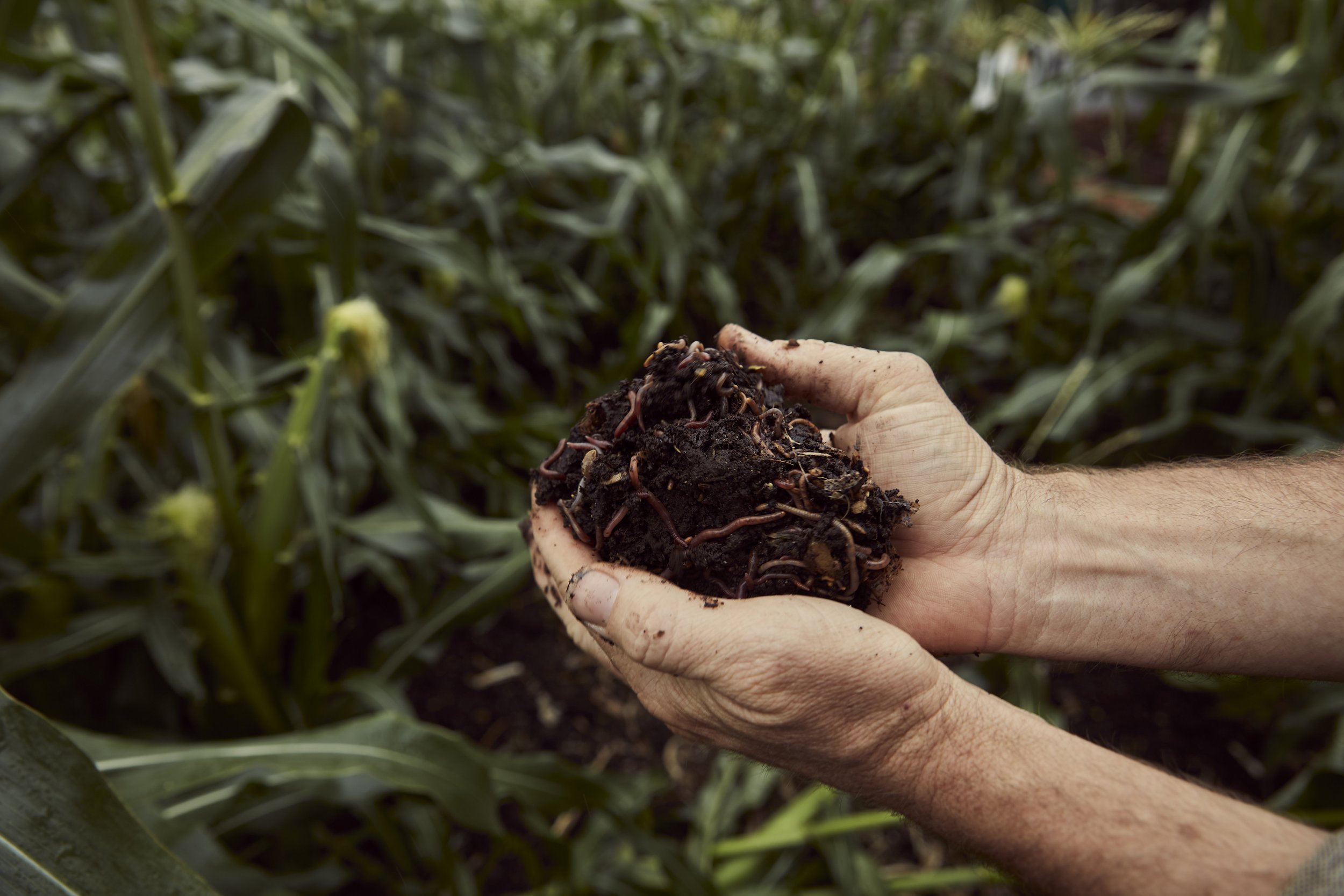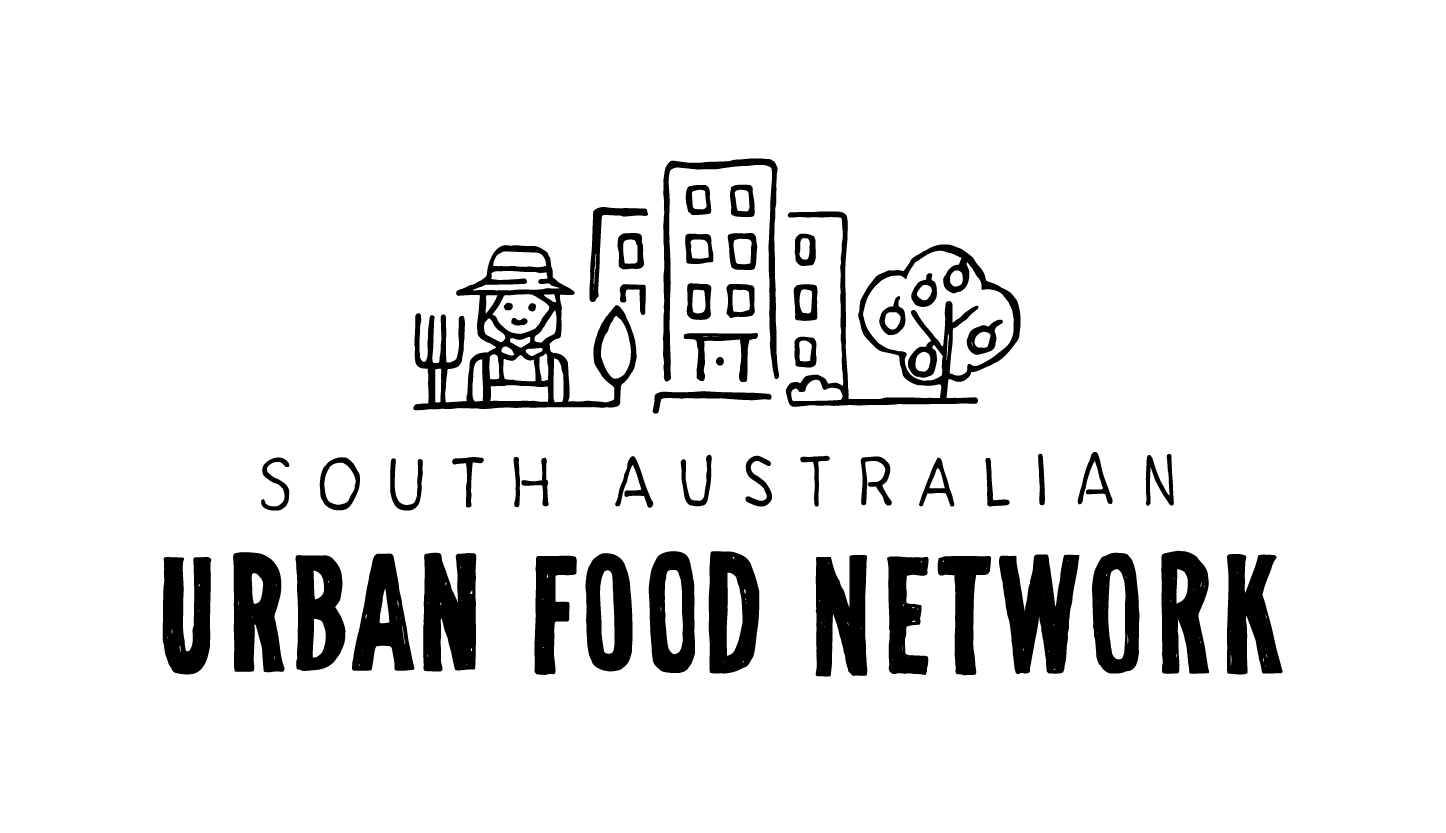
Educators.
‘Educators’ in our food system can be formal institutions and systems, such as schools, TAFEs, universities and media outlets. They can also be more informal, such as community groups and online networks.
Below you’ll find every local resource we currently know about that will help you as an Educator – or as someone seeking to grow your own knowledge and upskill.
Education providers for all ages.
-
Interested in learning more about your food? The Food Embassy runs a range of events and education programs across Adelaide and beyond.
It aims to bring people together to learn and get excited about delicious, sustainable food: growing it, procuring it, cooking it and – of course – eating it, as well as handling food waste more responsibly so we can be kinder to our environment.

-
Living Smart is a non-profit sharing knowledge on how to live smarter, healthier and more sustainably.
Living Smart runs a seven-week course that brings people together to learn from and support each other, helping create networks of like-minded locals. Course topics include: living simply, waste, water, gardening for biodiversity, gardening for food, energy, healthy you, healthy home, transport and community. A skilled facilitator adapts the content of each topic, based on the interests and knowledge of each group.

-
Developed by Annemarie and Graham Brookman and their children Tom and Nikki, The Food Forest near Gawler is a permaculture farm and learning centre. It demonstrates how an ordinary family, with a typical Australian income, can grow its own food, run a small farm and create a productive and diverse landscape.
The Food Forest runs several courses throughout the year on permaculture, building with straw bales, organic vegetable growing, fruit and nut production, sustainable house design and more. Visit their upcoming course page for details.

-
Permaculture SA upholds the permaculture ethics of earth care, people care and fair share. Their purpose is to educate and inspire South Australians to use permaculture design principles to create regenerative communities and ecosystems, and to live sustainable lives.
Visit their website to learn more about permaculture, membership, and to look up upcoming workshops and events.

-
KESAB Environmental Solutions.
Keep South Australia Beautiful began as a litter reduction campaign back in 1966. Half a century on, KESAB environmental solutions is a leader in creating sustainable communities through education, action and participation.
We particularly love their great article on the difference between degradable, biodegradable and compostable.

-
Folk of all Trades duo, Sam and Dani, run in-person and online workshops that focus on all things DIY, make your own, ancient skills, new techniques, sustainability and simple living.

Education providers for young people.
-
Little Sprouts Kitchen Garden Learning Program.
The Little Sprouts Kitchen Garden has lessons for classes of children from Early Years (minimum 4 years of age) to Year 7, which are aligned to relevant curriculum (Early Years Learning Framework and Australian Curriculum).
The program is hands-on, inquiry-based and a sensory experience for all involved! Lessons are led by a qualified Kitchen Garden Educator with volunteer support. The Kitchen Garden also showcases growing fresh produce, instilling healthy habits from a young age.

-
Greenhill Living Environmental Education Program.
The Greenhill Living Environmental Education Program delivers hands-on curriculum-linked food garden education to kindergartens and primary schools across Adelaide, providing the skills to take action to survive and thrive in our environment.
The Greenhill Living books including, The Garden Gang with Gaye the Garden Girl and Bill the Bush Tucker Boy, aim to inspire our future young farmers and connect our future generation to care for our environment.

-
Stephanie Alexander Kitchen Garden Program.
The Stephanie Alexander Kitchen Garden Foundation helps children form positive food habits for life. The program provides inspiration, information and support for educational institutions to deliver pleasurable food education.
Across South Australia, more than 150 schools and children’s centres are already involved in the program.

-
Wipe Out Waste (WOW) is a South Australian state-wide program that supports learning about and reducing waste in all school communities, from pre-school to year 12.
WOW is funded by Green Industries SA and delivered by KESAB environmental solutions. We particularly love their ‘nude food‘ (food without excess packaging) tips, recipes, resources and activities.

-
The Youth Food Movement runs food education projects for young people. This national volunteer-led organisation aims to build young people’s skills, knowledge and experience around food – and then empower them to take that out into the world and create the food system that they believe in. You can find the SA team on Facebook.

Help us uncover those working towards a regenerative local food system. Do you know of something we should add here?
Email hello@saurbanfood.org
Meet our ‘Educators’ connectors.
-
‘Connectors’ are South Australians who volunteer their time to help link our network, providing information, contacts and connections to our members.
-
Dr. Keri Hopeward.
Keri is Founder and Senior Consultant for Dream Awake: Research, Education and Design (DARED), specialising in regenerative design, research, and education beyond sustainability.
Have a question for Keri? Join our network to gain Connector access, then just email us at hello@saurbanfood.org
-
Are you our missing connector?
We are looking for another Connector – are you interested or already engaged in this space? Do you have good connections with others? Or do you keep up with relevant events?
What’s involved? Less than an hour a month (when needed) responding to questions and letting us know about resources or events within your food space.

